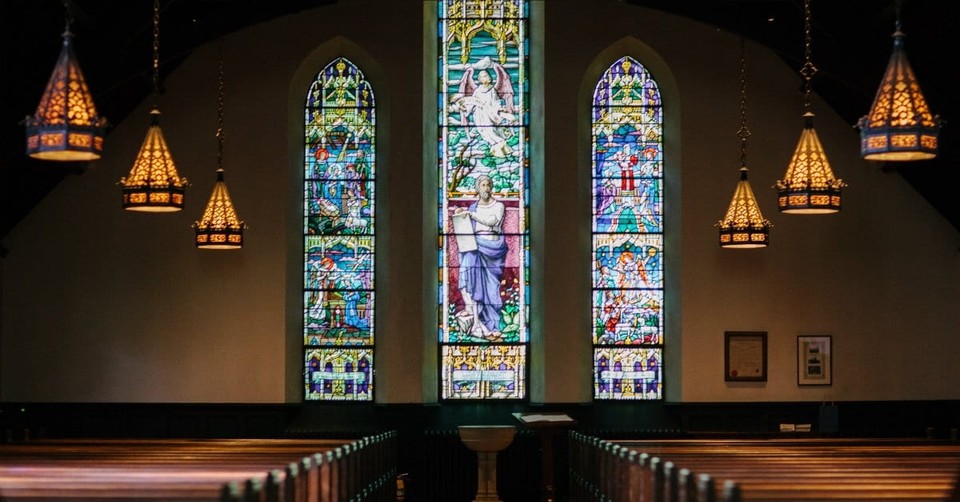5 Reasons Why Your Friends are Not Coming to Church

Every year new churches are planted, and thousands also close their doors. Many people who grew up in a church are walking away, adopting a new religion, or giving up on any type of faith. There are many reasons why congregations are shrinking in size or disappearing altogether, and it has less to do with scandalous relationships and financial irresponsibility than you might think. The following are a few reasons why your friends might not feel welcome at your church, regardless of the denomination, or the name on the side of the building:
1. The service feels like an infomercial. If the announcements last longer than the worship or your pastor spends more time talking about what the church is "doing" than who Jesus “is," chances are people are walking away confused about what being part of a church means. Friends searching for a deeper spiritual atmosphere and connection aren’t interested in being entertained by a long list of weekly activities, or listening to a self-help/feel-good message for 30 minutes each week; they want substance.
2. There is an obligation to give financially. Offering requests, lengthy conversations about budgets and buildings, or the expectation of blessing or healing with your "one easy payment" is not what Jesus did. So, why does the church? While tithing and giving are important parts of the Christian life, the offering is meant to be an act of worship— a celebration, not something brought out of obligation, or as a trade for something from God.
3. The music is extreme. It’s one of the first things people complain about. It might be incredibly loud, or on the other end of the spectrum, terribly outdated. Either way, this is a huge component of the weekend service and one that turns people away quickly. Worship is the church coming together in celebration of what God has done and is doing; often those at the front, as well as those filling the seats, look anything but excited.
4. The size is uncomfortable. Often friends are coming to church in hopes of finding community. They don’t want to just see a smiling greeter, but want a way to connect with people who share their beliefs. If they feel singled out during the “first time visitor,” or “turn around and greet your neighbor” moments, they may not return. Similarly, if getting into the parking lot and then into the worship service is much like attending a large sporting event, then those seeking a smaller community might be frightened away by the sheer size of the church.
5. The language is not welcoming. If the pastor is screaming about hell and sinners repenting, it might not be sending the most welcoming message. Others might leave because of ongoing political rants and noise of personal agendas, rather than the teaching of the Bible and the promotion of peace and reconciliation. Most Christians believe that God is an all-loving Father, not the head of any political party, nor will He tolerate those who oppress minority groups and societal outcasts.
The New Testament references over and over what the first-century church looked like, and how they "daily added to their numbers.” Breaking bread, Scripture reading, teaching, and singing songs of celebration is what they gathered to do. They didn't perform for one another but sang in one accord. They didn't hoard wealth but shared what they had. They weren’t trying to thwart governments, have the biggest building in town, or compete with those in the next city for size, or influential reach. They broke bread and ate together as a community, a church, a family. If these words don't describe your congregation, maybe that's a sign why your friends aren’t going.
Malinda Fuller and her husband Alex have served at several churches and para-church organizations in the U.S. and Canada for over a decade. Malinda wields truth and grace through the words on her blog and has also contributed content for Relevant, Thrive Moms and The Influence Network. Malinda and Alex currently reside in Southern California, where they are homeschooling their daughters, working in ministry and trying to not complain about the continuous sunshine.
Photo courtesy: Thinkstockphotos.com
Publication date: October 25, 2016
Originally published October 24, 2017.







